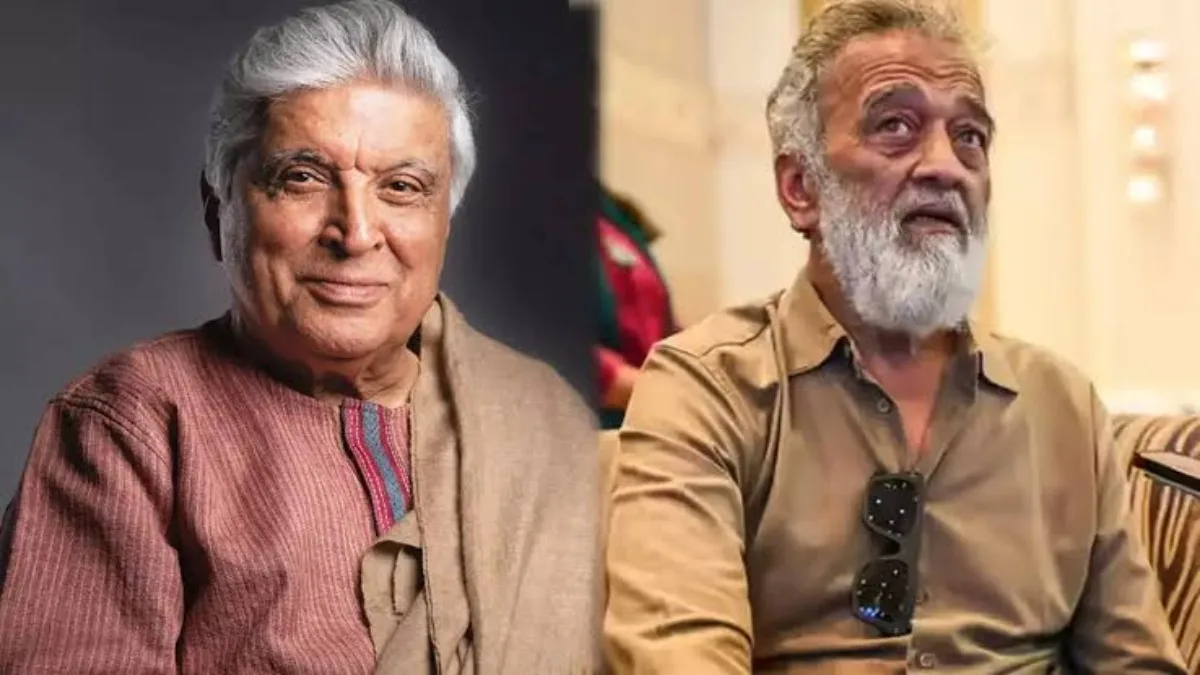1Renowned lyricist and screenwriter Javed Akhtar has responded with characteristic calm and sharp wit to comments made by singer Lucky Ali, who recently described him as “ugly” and “never original.” The jibes stem from a resurfaced video where Akhtar’s earlier remarks on Hindu-Muslim relations triggered online backlash, and Ali’s reaction brought the matter into full view.
According to reports, it all began when Lucky Ali shared a post on X (formerly Twitter) referencing a clip in which Akhtar appeared to say, “Don’t become like Muslims. Make them like you… You are becoming like Muslims.” He then added in his social-media post: “Don’t become like Javed Akhtar—never original and ugly as f**k.”
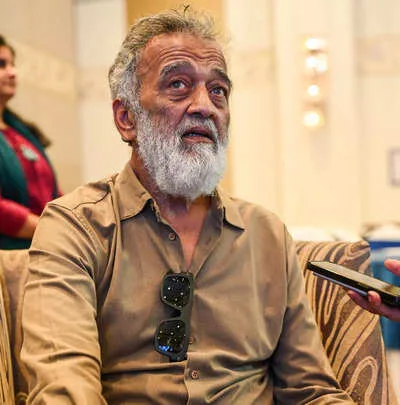
Ali’s remarks, though incendiary, were swiftly followed by a statement that leaned into tongue-in-cheek territory: “What I meant was that arrogance is ugly… it was a mistaken communique on my part… monsters may have feelings too and I apologise if anyone’s monstrosity was hurt.”
What Javed Akhtar said
When asked about the comment, Javed Akhtar responded: “I must take Lucky Ali’s opinion with a pinch of salt. I should accept it. Although I don’t agree with it. But anyway, I’m happy to know that he has opinions. That’s wonderful.”
He also used the moment to reflect on tolerance and dialogue: “If you want to have one opinion, and you want your opinion to be heard, then you should be able to take other people’s opinions you may not agree with,” he said.
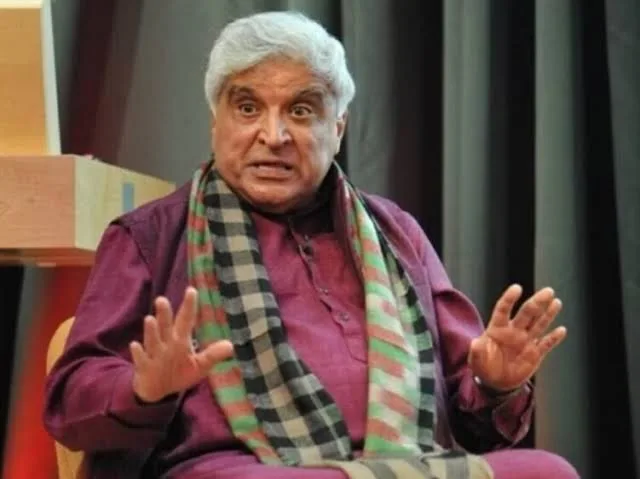
The dust-up illustrates how celebrity statements, old videos and social-media firestorms quickly converge. In this case, an archived clip and a pointed reaction led to an outspoken moment from two prominent figures.
For Lucky Ali, whose posting was driven by what he saw as Akhtar’s controversial comment on communal identity, the backlash forced a kind of reversal—or at least a stylised apology. For Akhtar, it was a chance to assert composure, remind audiences of his views on freedom of expression and tolerance, and sidestep the personal attack without igniting further conflict.
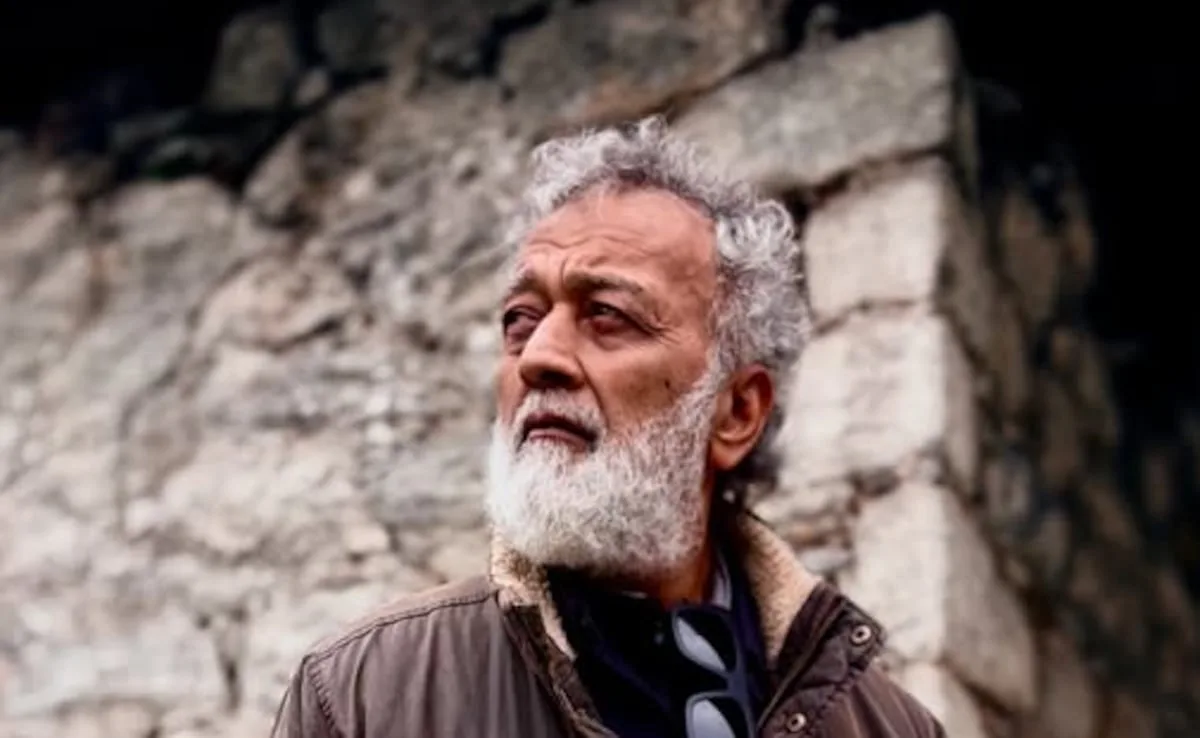
The exchange offers more than mere entertainment fodder. It underscores several recurring dynamics within Bollywood and its adjacent cultural ecosystems: how power, legacy and public opinions play out through personal jibes; how old video clips resurface years later and become flashpoints; and how public figures must constantly negotiate between provocation, reaction and reputation.
There’s also a dimension of double standards at play. Akhtar, hailed as one of India’s major lyricists, is used to both acclaim and controversy. The explosive nature of the original clip—including his reference to major scenes in Sholay and the remark “Don’t become like Muslims” in a wider discussion—had already stirred public unease.
Lucky Ali’s reaction highlights both the ease of online provocation and the limited levers of repair once a comment grabs attention. His “mistaken communique” line suggests that even the most seasoned artists can land in communication-minefields when addressing religion, identity or public memory.
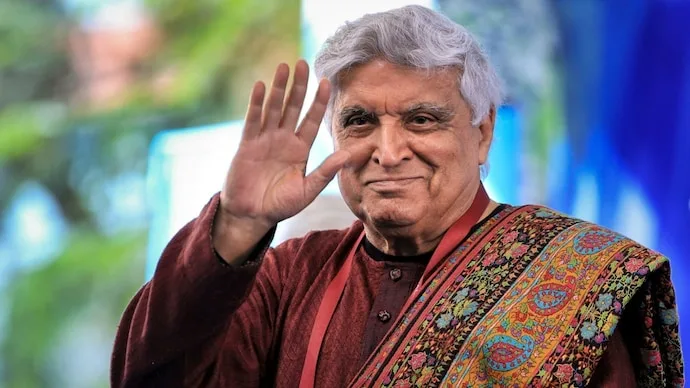
The broader cultural takeaway is significant: in a celebrity-obsessed era, the personal becomes public almost instantly. Words once spoken in semi-private forums can be clipped, reposted and turned into social-media dialogue years later. The durability of digital memory means that past remarks never entirely fade; instead, they await reactivation—and in this case, a public confrontation.
For Javed Akhtar, the incident has offered an opportunity to reinforce his values around free speech, tolerance and holding one’s self to principled standards—even when challenged. Rather than retaliate, he chose a quieter rebuke, treating the comment with measured acceptance. His framing—“happy he has opinions”–signifies both dignity and the refusal to be baited into escalation.
For fans, industry observers and casual watchers, the moment signals something larger: that behind the celebrity persona, there lies a constant pressure to navigate commentary, context and audience expectations. For Javed Akhtar and Lucky Ali, two musicians of different eras but overlapping legacies, the clash is less about personal animus and more about what public discourse allows, tolerates and remembers.
Whether there will be further back-and-forth remains to be seen. For now, the pause stands as a subtle reset: a reminder that opinions will be voiced—it remains up to individuals how they respond. And for anyone invested in the interplay of music, cinema and public debate, the episode offers another chapter in the complex interface between legacy, critique and reconciliation.

